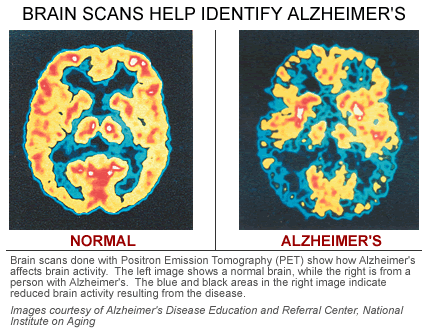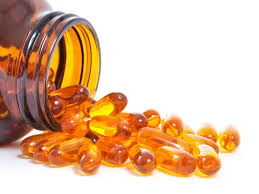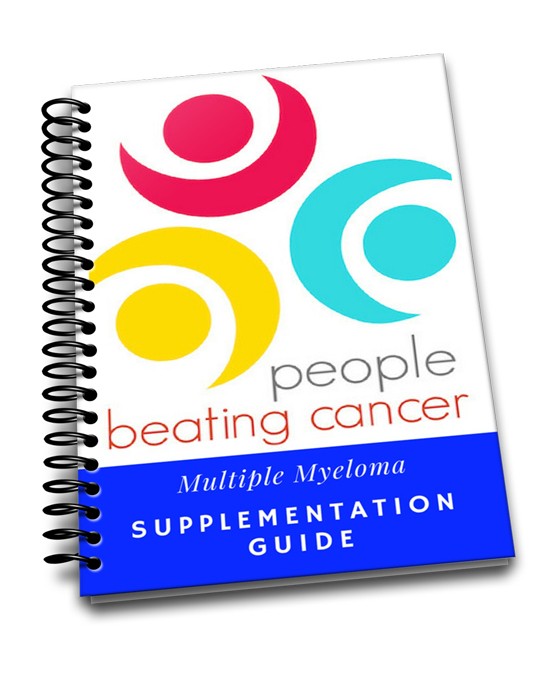“Our results confirm that vitamin D deficiency is associated with a substantially increased risk of all-cause dementia and Alzheimer’s disease.”
When I read the studies linked and excerpted below I thought I was reading a study about vitamin D3 supplementation and multiple myeloma survival. Numerous studies cite low vitamin D3 blood levels as increasing the risk of multiple myeloma. I was actually reading about the risk of dementia and Alzheimer’s disease.

If you are genetically predisposed to Alzheimer’s disease or if you have been diagnosed with early Alzheimer’s then you may be interested in learning more about what the study below means to you.
First and foremost, when the study says “low vitamin D concentrations,” the authors are talking about concentrations in your blood aka serum blood levels. The only way to check this is through blood testing. I check my serum/blood levels through LabCorp. You can email me below if you would like to know more.
I take 3000 mg daily (1000 mg x 3) and my last blood test indicated that my serum level was 31. Keep in mind that I live in Northeastern Ohio and I stay out of the sun as much as I can.
The bottom line is that low blood levels of vitamin D3 increase your risk of many chronic diseases including Alzheimer’s disease. Vitamin D3 supplementation will reduce your risk of Alzheimer’s disease and be supplementing with vitamin D3 may slow the progress of Alzheimer’s if you have already been diagnosed with it.
I supplement with Life Extension Vitamin D3- 1000 mg x 2 daily. I take this brand because it has been tested and approved by Consumerlab.com.
For more information about nutritional supplementation, dementia, Alzheimer’s Disease and multiple myeloma, scroll down the page, post a question or comment and I will reply ASAP.
Thank you,
David Emerson
- MM Survivor
- MM Coach
- Director PeopleBeatingCancer
Related Articles:
“Here, we studied 83 unselected multiple myeloma patients from December 2007 through December 2014. Lower 25(OH) D levels (<10 ng/mL) were associated with higher number of plasma cells in the bone marrow.
Supplementation of vitamin D was accompanied with a significant increase in hemoglobin (11.8 to 12.3 p = .039), leukocyte (4.9 to 5.8 p = .011), and erythrocyte (3.8 to 4.0 p = .004) levels, while thrombocytes (200.5 to 175.2 p = .036) decreased.
In conclusion, the present study found a high incidence of vitamin D deficiency and insufficiency in MM patients. In myeloma patients, vitamin D levels and supplementation should be more widely taken into account.”
“METHODS: We performed a systematic search of PubMed and Scopus from database inception up to September 2017. Longitudinal cohort studies reporting risk estimates of incident dementia or AD in the general population, and for three or more quantitative categories of serum 25(OH)D were included. Pooled hazard ratios (HRs) were calculated using fixed-effects/random-effects models.
RESULTS: Seven prospective cohort studies and one retrospective cohort study (total n = 28,354) involving 1953 cases of dementia and 1607 cases of AD were included. The pooled HRs of dementia and AD were 1.09 (95%CI: 0.95, 1.24) and 1.19 (95%CI: 0.96, 1.41) for vitamin D insufficiency (10-20 ng/ml), and 1.33 (95%CI: 1.08, 1.58) and 1.31 (95%CI: 0.98, 1.65) for deficiency (<10 ng/ml), respectively. The lower risk of dementia was observed at serum 25(OH)D of ∼25 ng/ml, whereas the risk of AD decreased continuously along with the increase of serum 25(OH)D up to ∼35 ng/ml.
CONCLUSION: Higher levels of serum 25(OH)D was associated with a lower risk of dementia and AD, but we have no conclusive evidence regarding serum 25(OH)D levels of >35 ng/ml.
“OBJECTIVE: To determine whether low vitamin D concentrations are associated with an increased risk of incident all-cause dementia and Alzheimer disease…
RESULTS: During a mean follow-up of 5.6 years, 171 participants developed all-cause dementia, including 102 cases of Alzheimer disease.,,,for incident all-cause dementia in participants who were severely 25(OH)D deficient (<25 nmol/L) deficient (≥25 to <50 nmol/L) were 2.25 and 1.53 compared to participants with sufficient concentrations (≥50 nmol/L).
The multivariate-adjusted hazard ratios for incident Alzheimer disease in participants who were severely 25(OH)D deficient and deficient compared to participants with sufficient concentrations were 2.22…
…the risk of all-cause dementia and Alzheimer disease markedly increased below a threshold of 50 nmol/L.
CONCLUSION: Our results confirm that vitamin D deficiency is associated with a substantially increased risk of all-cause dementia and Alzheimer disease. This adds to the ongoing debate about the role of vitamin D in nonskeletal conditions.”
Multiple Myeloma Therapy- Vitamin D3
“cancer (MM) mortality was lower following vitamin D3 supplementation…and showed that vitamin D3 reduced all-cause mortality in adults
Ladies and Gentlemen, the science is in. Well, not really. Vitamin D3 supplementation is certainly a multiple myeloma therapy. The question is whether or not vitamin D3 supplementation prevents multiple myeloma relapse or a MM diagnosis in the first place.
Unfortunately, the science is-
“highly convincing evidence of a clear role of vitamin D does not exist for any outcome.”
What does that mean? Why do studies have to be so confusing???PeopleBeatingCancer is built on “evidence-based research.” Does supplementing with vitamin D3 prevent cancer or not?!
The three studies linked and excerpted below basically say that the evidence is vague. Science often is. But the studies conclude that vitamin D3 supplementation probably reduces cancer in general and multiple myeloma in particular.
I’m a long-term MM survivor who must decide for himself what the studies point to. I live in Cleveland, Ohio (think lots of clouds and very little sunshine…). I have sustained chemotherapy induced heart, brain and nerve damage in addition to being at increased risk for many different cancers.
I have a blood test annually to keep track of my serum blood levels of vitamin D.

I supplement with vitamin D3 daily- (2 x 1000 mg.) Life Extension Foundation Vitamin D3. I think you should too. Vitamin D3 supplementation has been shown to reduce the risk of a host of chronic diseases. LE Vitamin D3 has been tested and approved by ConsumerLab.com, an independent testing agency. Vitamin D3 is the cheapest cancer treatment you will ever see.
For more information about nutritional supplementation to reduce the risk of cancer or a relapse of cancer, scroll down the page, post a question and I will reply ASAP. Thank you,
Recommended Reading:
“There is a debate about whether sufficient doses can be obtained through diet alone. The exact amount needed is hard to define and depends on factors like age, body weight, and where people live. Vitamin D status can be determined by the measurement of serum 25-hydroxyvitamin D, although optimal vitamin D levels are controversial.[3]…
Two recent Cochrane Reviews by Bjelakovic and colleagues have addressed hot topics in vitamin D supplementation. The first review, from January 2014, analysed 38 randomised controlled trials (RCTs) with 76,627 participants in high-income countries and showed that vitamin D3 reduced all-cause mortality in adults (mostly elderly and mostly women).[4] About 150 people had to be treated over five years to prevent one additional death. However, combination with calcium increased the risk of renal stone formation…
A new Cochrane Review investigates whether vitamin D supplementation prevents cancer in adults.[5]…The same results applied to participants with vitamin D status below 20 ng/mL (defined as vitamin D deficiency) and those with higher vitamin D status at entry. However, cancer mortality was lower following vitamin D3 supplementation, although the overall quality of the evidence was low…
“Conclusions Despite a few hundred systematic reviews and meta-analyses, highly convincing evidence of a clear role of vitamin D does not exist for any outcome, but associations with a selection of outcomes are probable.”





